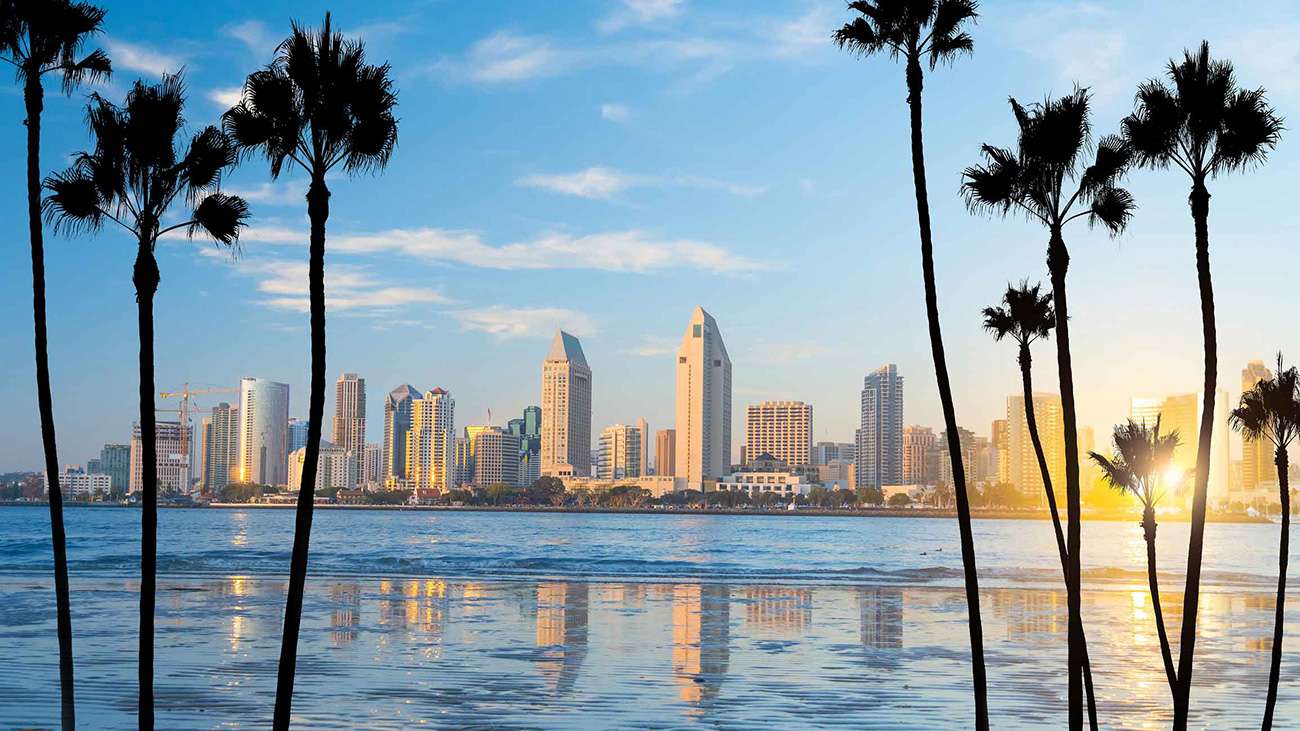Addiction changes the brain in many ways, altering a person’s views about his/her priorities. These result in compulsive behaviors that take over the ability to make logical decisions and control impulses despite the knowledge of outcomes. These signs are similar to hallmarks of mental illness.
DSM, which describes diagnostic criteria for all mental disorders, also includes criteria for drug use disorders, talks about drug abuse and drug dependence. Drug dependence is addiction. On the other hand, drug abuse is about harmful consequences of drug abuse but not compulsive use.
Many people who abuse drugs are also diagnosed with mental disorders. This phenomenon is also known as co-occurring disorder or dual diagnosis. The prevalence of this is so high that most good rehabs offer dual diagnosis treatment and psychological therapy as part of the treatment plan.
Studies show that people diagnosed with mood or anxiety disorders are highly likely to suffer also from substance abuse. The corollary is also true. Patients diagnosed with drug disorders are almost twice as likely to suffer from mental health disorders.
Dual diagnosis treatment involves treatment for drug abuse as well as the psychological or mental health issues that triggered the abuse in the first place. Treating one without the other will likely result in relapse and the recurrence may even be worse than before. Leading rehabs, such as Pacific Bay Recovery in San Diego, offer dual diagnosis treatment under the supervision of medical professionals, de-addiction specialists and counselors.
To know more about dual diagnosis treatment, call Pacific Bay Recovery at 858-263-9700.


